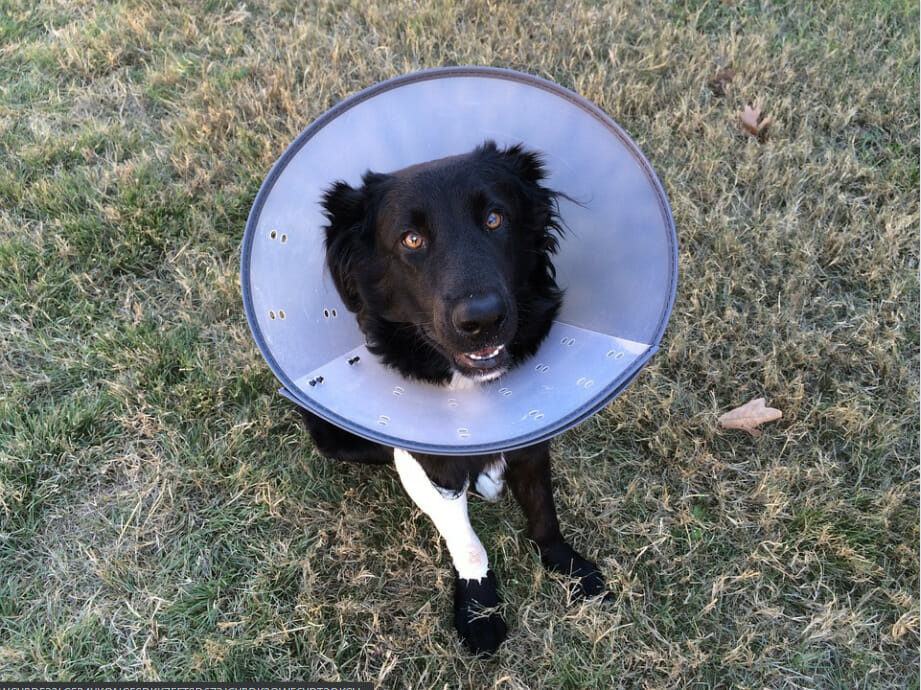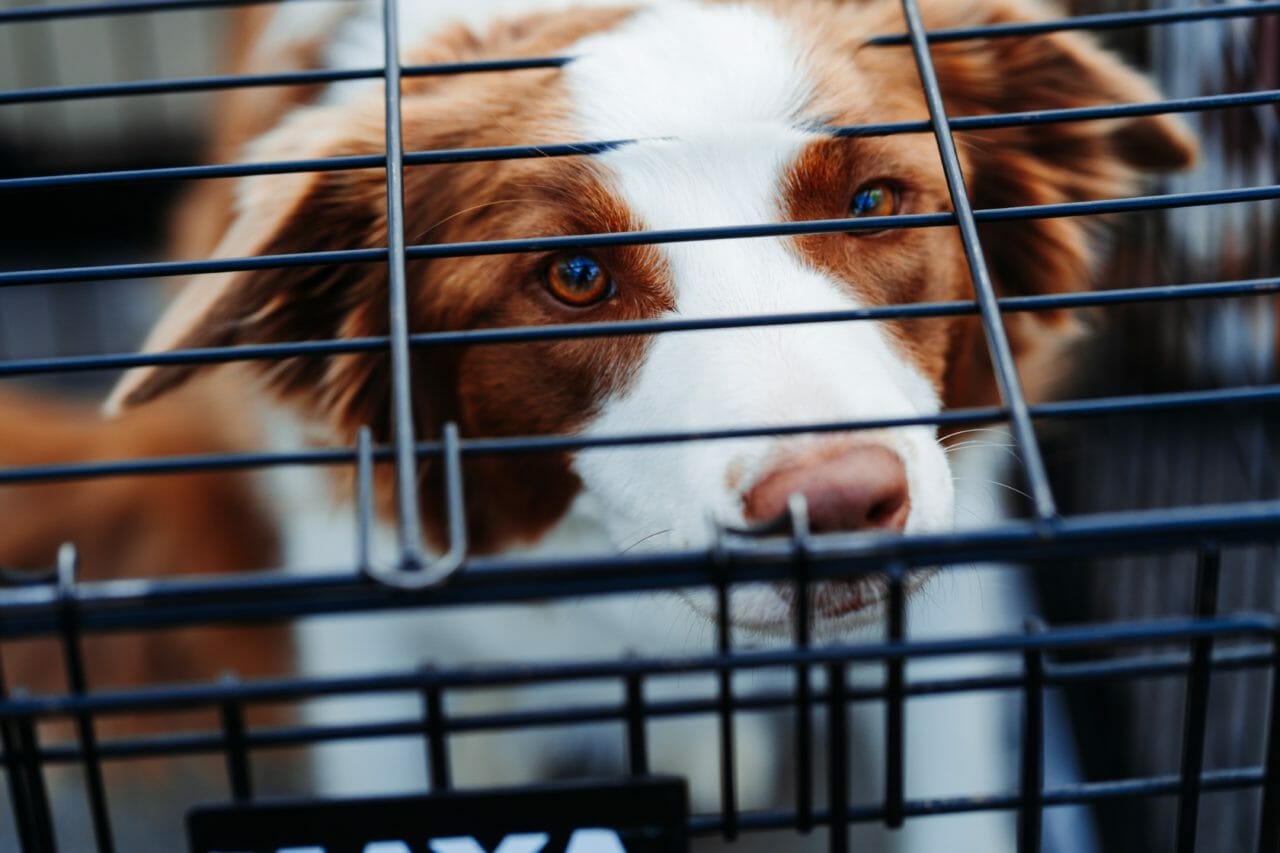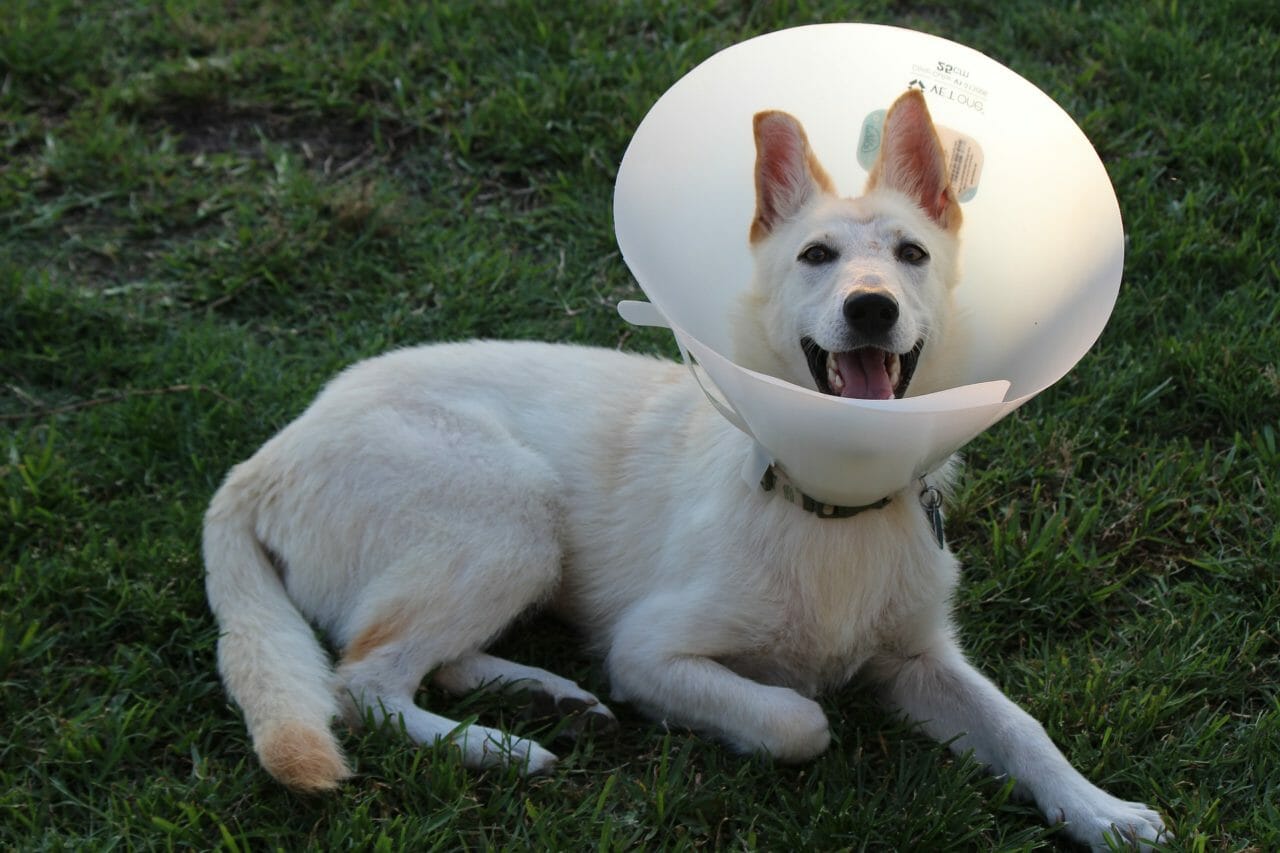Separation Anxiety in Your Dog
Separation anxiety effects a huge percentage of the dog population, possibly as high as 14%. Dog separation anxiety is one of the most misunderstood issues with people. Most try to treat it by approaching it from a human point of view and failing to see the cause. The answer to how to stop your dog’s separation anxiety is simple. Show your dog that you are the pack leader.
Let me explain.
Recognizing the following behaviors are separation anxiety symptoms is a start. They are as wide ranging as they are distressing for the dog, but by treating them you are not treating the cause of the problem. First, ask yourself the question; does the behavior stop when you return? If so then I suggest that you’re being away is actually connected to the cause.
Key Symptoms of your Dog’s Separation Anxiety
- Chewing –releases an endorphin similar to the one released when a human is chewing gum in an attempt to stay calm.
- Barking, whining – this is a call for the owners to return to the pack, similar to if you were to call your children when you can’t find them.
- Escaping when you are not there – often very destructive, extreme and sometimes dangerous. Your dog is looking for you. So many people are told to try and exercise the problem out of their dog but it will not solve the problem.
- Digging, destruction – this is all connected to stressful and anxious behavior.
- Self-mutilation – excessive, licking and chewing oneself. Excessive drooling is also a sign of stress. These are signs that are often mistaken for being medical conditions but are all stress related
- Toileting – if your dog is toilet trained but starts going toilet inside and you think that it is behavioral then it could well be. If it is only occurring when your dog is away from you then it is very likely connected to your dog having separation anxiety.
- There are lots of places that you can find advice on how to treat all these symptoms there is only one way to treat the cause of the problem. If you are serious about how to stop separation anxiety then you must become the pack leader.
Separation anxiety is a very straight forward problem that occurs when your dog believes they are the pack leader and you are their puppy or member of their pack. In the wild, dogs do not wander off out the den on their own and your dog’s separation anxiety will continue until you return to him. Once you show your dog that you are the pack leader your dog will be fine with you coming and going.
Understanding the real cause of the problem is the first step, becoming the pack leader is the solution.



